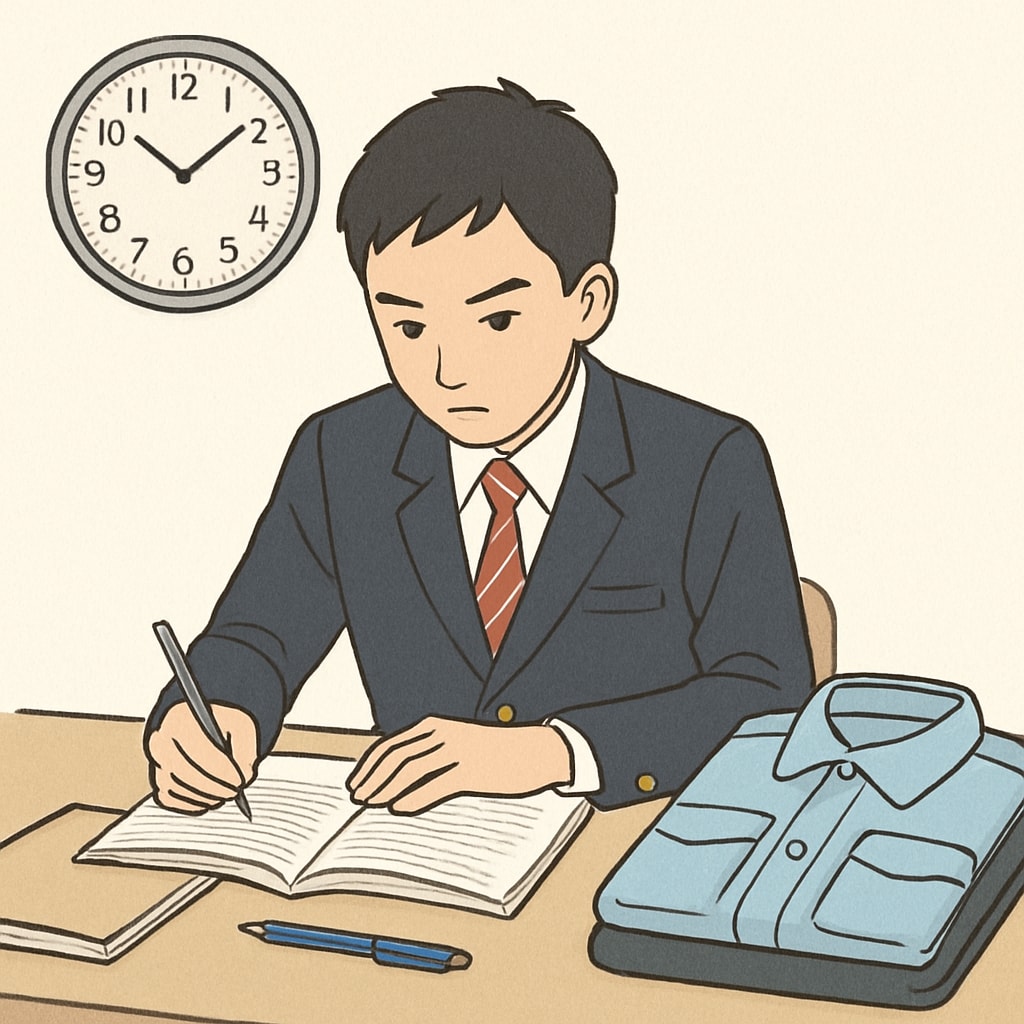High school students working part-time jobs is a topic that sparks debate among parents. While many fear the academic impact, others emphasize the value of financial independence and personal growth. Striking the right balance between school and work is crucial, as both experiences contribute to a student’s overall development.
Benefits of Part-Time Jobs for High School Students
Part-time jobs can provide high school students with a range of personal and professional benefits. These experiences are not just about earning money; they also teach valuable life skills.
- Financial Independence: Earning their own income allows students to learn the value of money, manage their expenses, and even save for future goals.
- Time Management: Balancing work with school helps students prioritize tasks and develop organizational skills.
- Workplace Skills: Jobs offer early exposure to work environments, teaching communication, teamwork, and problem-solving.
- Self-Confidence: Successfully managing responsibilities can boost a student’s self-esteem and prepare them for future challenges.

Potential Challenges and the Academic Impact
Despite the advantages, part-time jobs can present challenges, particularly when it comes to maintaining academic performance. Parents and students must carefully consider these potential drawbacks.
- Time Constraints: A demanding job schedule can reduce the time available for studying, completing assignments, and participating in extracurricular activities.
- Stress and Fatigue: Juggling work and school can lead to burnout, affecting both physical and mental health.
- Reduced Social Life: With less free time, students may miss opportunities to connect with friends or enjoy hobbies.
However, these challenges can often be mitigated by setting clear boundaries and prioritizing school commitments. For example, limiting work hours to weekends or a few evenings can help maintain a healthy balance.

How Parents Can Make Informed Decisions
Parents play a key role in guiding their children through the decision to take on a part-time job. Here are some strategies to help parents make the best choice:
- Assess Academic Standing: If a student is struggling with their studies, it may be wise to hold off on a job until grades improve.
- Set Clear Boundaries: Agree on a maximum number of work hours per week to ensure academics remain the top priority.
- Encourage Communication: Keep an open dialogue about the student’s workload, well-being, and any signs of stress.
- Consider the Job Type: Opt for flexible positions that align with the student’s schedule, such as weekend shifts or seasonal work.
By taking a measured approach, parents can support their child’s growth without compromising their education.
Striking the Balance Between Academics and Growth
Ultimately, whether or not a high school student should work part-time depends on their individual circumstances. For some, the experience can be a stepping stone toward maturity, financial independence, and career readiness. For others, it may pose unnecessary stress during an already demanding time.
Parents should weigh the benefits of personal growth and financial responsibility against the potential academic impact. With careful planning and open communication, it is possible to create a balanced approach that fosters both success in school and valuable life experiences.
Readability guidance: Use short paragraphs and bulleted lists to summarize key points. Limit passive voice and long sentences, ensuring transitions like “however,” “therefore,” and “for example” are included throughout.


